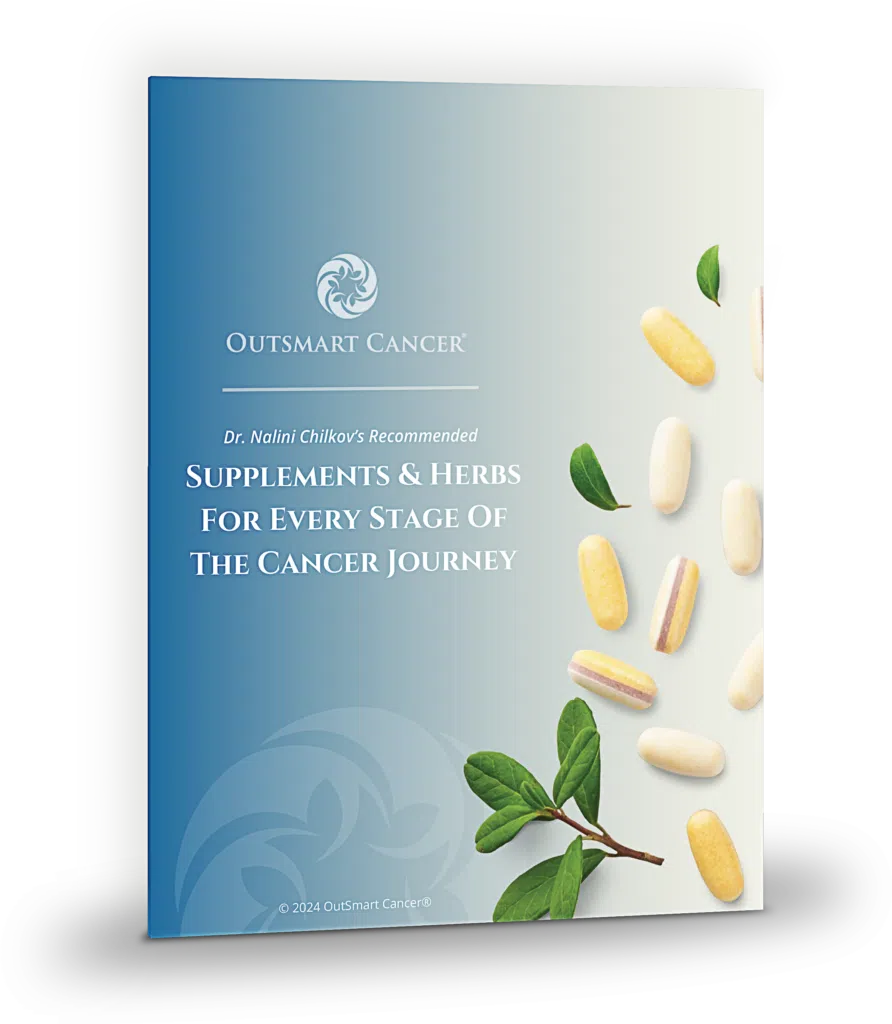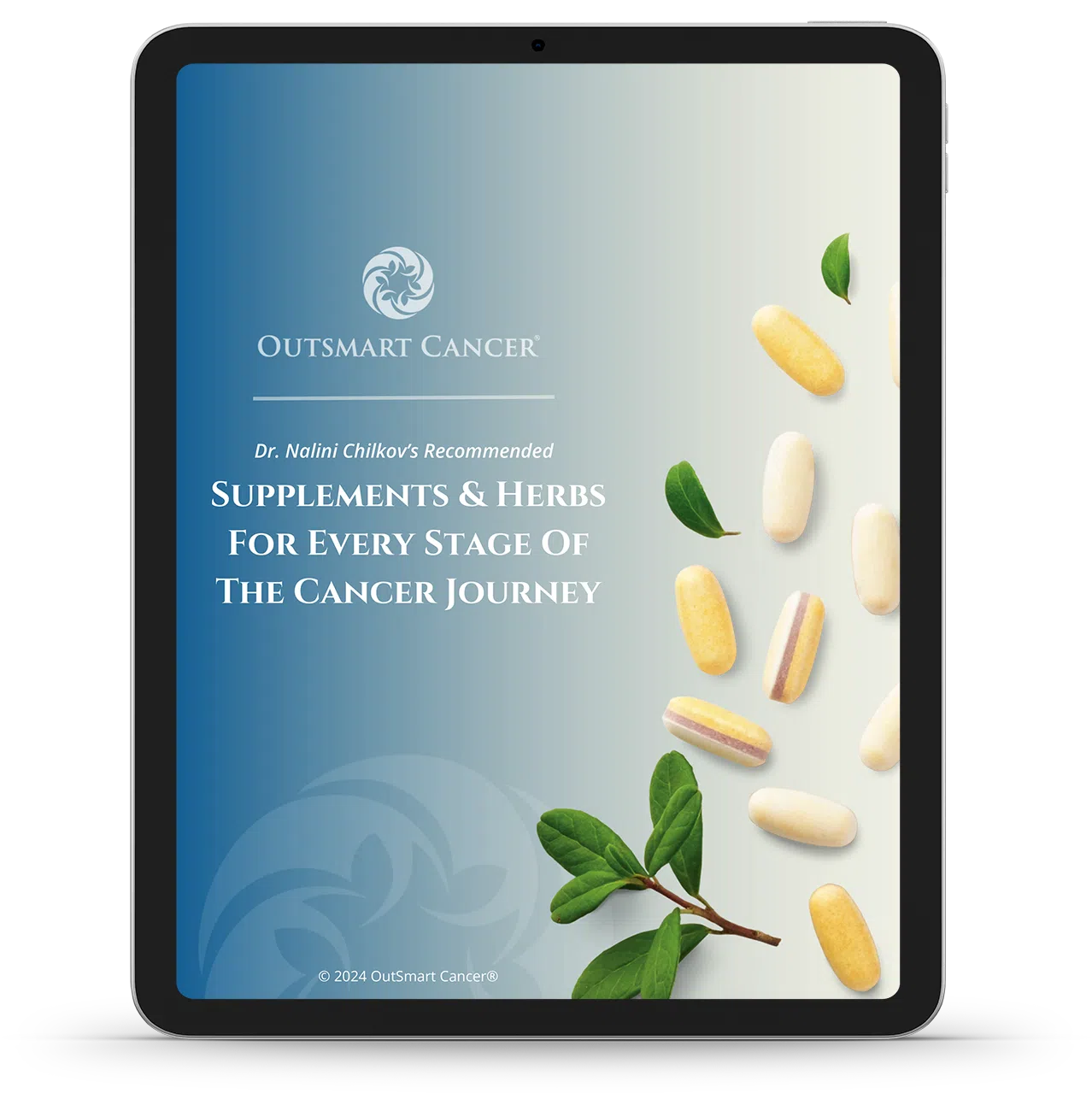Saffron, Crocus sativus, also known as Hong Hua in Traditional Chinese Herbal Medicine, has been used both as a culinary spice and as a medicinal botanical on many continents throughout history for over 3,000 years. Recent research demonstrates that a component of saffron, a orange-red colored carotenoid called crocetin shows promise as an anti-cancer agent. Saffron also contains other carotenoids including zeaxanthin, lycopene, and various alpha- and beta-carotenes
According to researcher Fikrat Abdullaev, who is so impressed with saffron’s multiple medicinal properties that he suggests there be a new scientific discipline called “saffronology”
Considerable scientific evidence has suggested that plant-based dietary agents can inhibit the process of carcinogenesis effectivelySince cancer is the most common cause of death in the world population, the possibility that readily available natural substances from plants, vegetables, herbs, and spices may be beneficial in the prevention of cancer warrants closer examination. Saffron in filaments is the dried, dark red stigmata of Crocus sativus L. flowers and it is used as a spice, food colorant, anda drug in medicine. A growing body of research has demonstrated that saffron extract itself and its main constituents, the carotenoids, possess chemopreventive properties against cancer.
Studies show that crocetin, only one of several carotenoids found in saffron, acts affects four important functions in cancer cells:
- inhibiting nucleic acid (DNA and RNA) synthesis (affecting gene expression, growth and replication)
- enhancing anti-oxidative system (acting as a free radical scavenger and reducing oxidative stress)
- inducing apoptosis – promoting normal cell death
- hindering growth factor signaling pathways (growth inhibition)
These are the characteristics of a valuable anti-tumor, anti-cancer therapeutic agent.
Here is the abstract of the recent study.
Crocetin: An Agent Derived from Saffron (Hong Hua) for Prevention and Therapy for Cancer
Cancer is one of the leading causes of death in the United States and accounts for approximately 8 million deaths per year worldwide. Although there is an increasing number of therapeutic options available for patients with cancer, their efficacy is time-limited and non-curative. Approximately 50-60% of cancer patients in the United States utilize agents derived from different parts of plants or nutrients (complementary and alternative medicine), exclusively or concurrently with traditional therapeutic regime such as chemotherapy and/or radiation therapy. The need for new drugs has prompted studies evaluating possible anti-cancer agents in fruits, vegetables, herbs and spices. Saffron, a spice and a food colorant present in the dry stigmas of the plant Crocus sativus L., has been used as an herbal remedy for various ailments including cancer by the ancient Arabian, Indian and Chinese cultures. Crocetin, an important carotenoid constituent of saffron, has shown significant potential as an anti-tumor agent in animal models and cell culture systems. Crocetin affects the growth of cancer cells by inhibiting nucleic acid synthesis, enhancing anti-oxidative system, inducing apoptosis and hindering growth factor signaling pathways.
Gutheil WG, et al. Kansas City Veterans Affairs Medical Center, 4801 Linwood Boulevard, Kansas City, MO 64128, USA. adhar@kumc.edu. Curr Pharm Biotechnol. 2011 Apr 5. Source: PubMed
Prior Studies include:
Oost, Thorten K. et al Discovery of Potent Antagonists of the Antiapoptotic Protein XIAP for the Treatment of Cancer J. Med. Chem., 2004, 47 (18), pp 4417–4426
FIKRAT I. ABDULLAEV Cancer Chemopreventive and TumoricidalProperties of Saffron (Crocus sativus L.) Laboratory of Experimental Oncology, National Institute of Pediatrics, Mexico City 04530, Mexico
Cancer Lett. 1991 May 1;57(2):109-14.Antitumour activity of saffron (Crocus sativus). Nair SC, Pannikar B, Panikkar KR. Amala Cancer Research Centre, Kerala, India
Asian Pac J Cancer Prev. 2009;10(5):887-90.Crocin from Kashmiri saffron (Crocus sativus) induces in vitro and in vivo xenograft growth inhibition of Dalton’s lymphoma (DLA) in mice.
Bakshi HA, Sam S, Feroz A, Ravesh Z, Shah GA, Sharma M.
Exp Oncol. 2007 Sep;29(3):175-80.
Crocin from Crocus sativus possesses significant anti-proliferation effects on human colorectal cancer cells.
Aung HH, Wang CZ, Ni M, Fishbein A, Mehendale SR, Xie JT, Shoyama CY, Yuan CS. Tang Center for Herbal Medicine Research, The Pritzker School of Medicine, University of Chicago, Chicago, IL 60637, USA.
You may also like:
Can Tumeric Reduce the Spread of Breast Cancer?
Anti Tumor Chinese Herbs for Cancer: Thunder God Vine
Five Reasons to Eat Your Broccoli
Cordyceps: Cancer Support and Immune Modulation from an Ancient Chinese Herb



